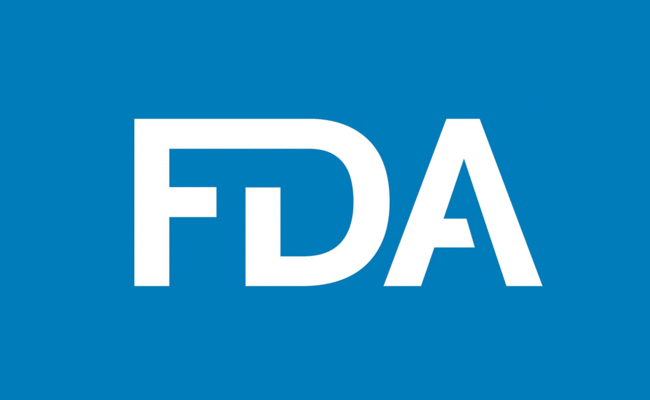Gilead Requests FDA to Rescind Orphan Drug Status for Remdesivir
The biopharmaceutical company asked FDA to revoke orphan drug status for investigational antiviral treatment, remdesivir, a potential COVID-19 treatment.

Source: Thinkstock
- Gilead recently announced that it submitted a request to FDA to rescind the orphan drug status it was granted for the investigational antiviral remdesivir, which is currently a potential COVID-19 treatment.
For more coronavirus updates, visit our resource page, updated twice daily by Xtelligent Healthcare Media.
The biopharmaceutical company is waiving all benefits that accompany the designation and is “confident that it can maintain an expedited timeline in seeking regulatory review of remdesivir, without the orphan drug designation.”
In early March, Gilead was granted an orphan drug designation for remdesivir as a potential treatment for COVID-19. FDA grants orphan drug designation in situations where the disease affects fewer than 200,000 patients.
This status results in a waiver of the requirement to provide a pediatric study plan before the submission of the New Drug Application, the announcement stated. This process can take up to 210 days to review.
“Gilead recognizes the urgent public health needs posed by the COVID-19 pandemic. The company is working to advance the development of remdesivir as quickly as possible, and will provide updates as they become available,” Gilead concluded.
The Orphan Drug Act of 1983 was passed in the US to facilitate the development of drugs for rare diseases including Huntington’s disease, myoclonus, ALS, Tourette syndrome, and muscular dystrophy. At that time, drug therapies were rarely developed.
Back in September 2019, American’s Health Insurance Plans (AHIP) released a report stating that The Orphan Drug Act was no longer benefiting individuals, but rather it was increasing prescription drug spending and healthcare spending.
“Every patient deserves to get the medications they need at a cost they can afford, but drug makers are gaming well-intentioned legislation to generate outsized profits from drugs intended to treat a small population of patients with rare diseases,” Matt Eyles, president and CEO of AHIP, said in the report.
The bill intended to give the new orphan drug seven years of protection from market competition and grant tax credits of 50 percent to cover the clinical testing costs. But most recently, as new orphan drug approvals increased, prescription drug approvals have decreased.
In 2017, prescription drugs made up 20 percent of approvals, a decreased of 25 percent over 19 years.
“Now more than ever we need lawmakers to revisit the Orphan Drug Act,” Eyles added. “We must balance the incentives to develop new treatments for rare diseases while preventing drug makers from exploiting the system with launch prices that defy gravity, blocking competition, and increasing their prices on the same products year after year.”
“Lawmakers must ensure that the Act serves its original purpose to incentivize the development of treatments for rare diseases – not as a gateway to premium pricing and blockbuster sales beyond orphan indications.”
Remdesivir, an investigational broad-spectrum antiviral treatment, was developed by Gilead as a treatment for Ebola, Middle East respiratory syndrome (MERS) and severe acute respiratory syndrome (SARS). Experts believe the drug may be a potential treatment for COVID-19.
But due to recent high demand, Gilead temporarily paused access to remdesivir outside of clinical trials.
“During this transition, we are unable to accept new individual compassionate use requests due to an overwhelming demand over the last several days,” Gilead said in the announcement. “We are focused now on processing previously approved requests and anticipate the expanded access programs will initiate in a similar expected timeframe that any new requests for compassionate use would have been processed.”
So far, remdesivir is being used in five clinical trials and has been used in 250 patients in the US outside clinical trials. The drug was also recently supplied to Europe in Japan.
“We have had an exponential increase in compassionate use requests for emergency access to remdesivir that flooded an emergency treatment access system that was set up for very limited access to investigational medicines and never intended for use in the response to a pandemic,” Gilead stated in the announcement.
